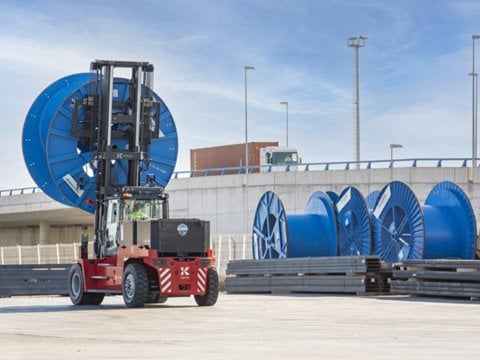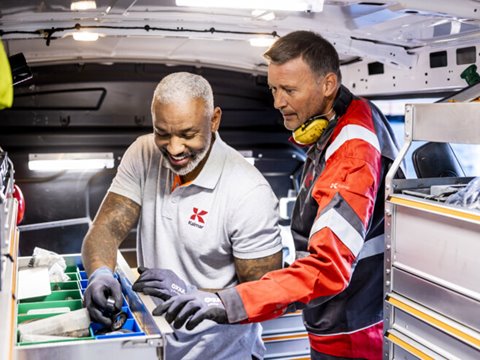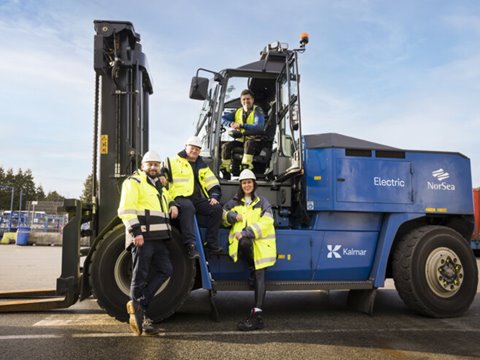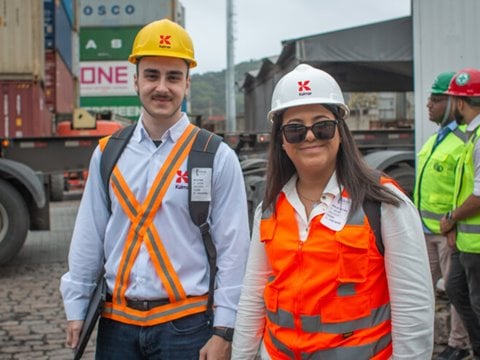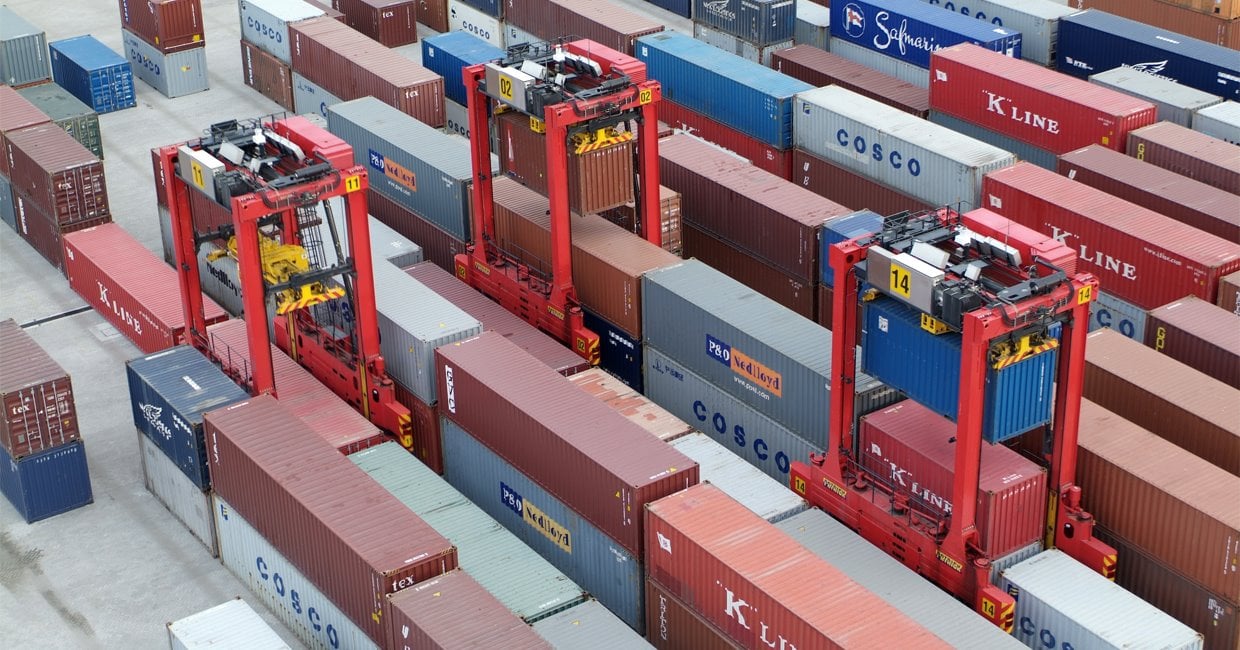
Preventive maintenance brings more efficiency to automated terminals
In an automated terminal, breakdown of just one equipment can shut down part of the terminal for 15-30 minutes. One breakdown like that can reduce ship-to-shore crane moves by roughly 6% and result in 12% longer truck turnaround times per shift. But how to avoid such pitfalls? Preventive maintenance can help you make the most of your investment.
Focus to a targeted preventive maintenance program
Converting to automated operations requires a major change in practices and attitudes, not only for the terminal’s maintenance team but also for operations and IT. Most significantly, the focus of maintenance moves from reactive ad hoc repairs to a targeted preventive maintenance program. At automated terminals, IT is no longer a separate department but a critical function that needs to integrate seamlessly with operations and maintenance.
Automated terminals require a new calibre of technical knowledge at all levels of the organisation. Even traditional technical roles will need to have some understanding of the entire automation system. The maintenance of the infrastructure surrounding the actual automation systems also requires specialist expertise and resources.

Importance of design stage
Automated equipment introduces significant requirements for terminal layout and design. These factors need to be addressed already at the design stage so that routine maintenance can be carried out without disruption to ongoing operations. However, maintenance needs will evolve over time, from the start-up phase and extending over the lifespan of the equipment.
Want to learn more about our findings? Check out our white paper that examines the maintenance of container handling equipment at automated terminals, with the aim of providing a basic understanding of the factors that need to be taken into account when planning a terminal automation deployment.
DOWNLOADS
Related articles
Further reading
Subscribe and receive updates in your email
Subscribe
